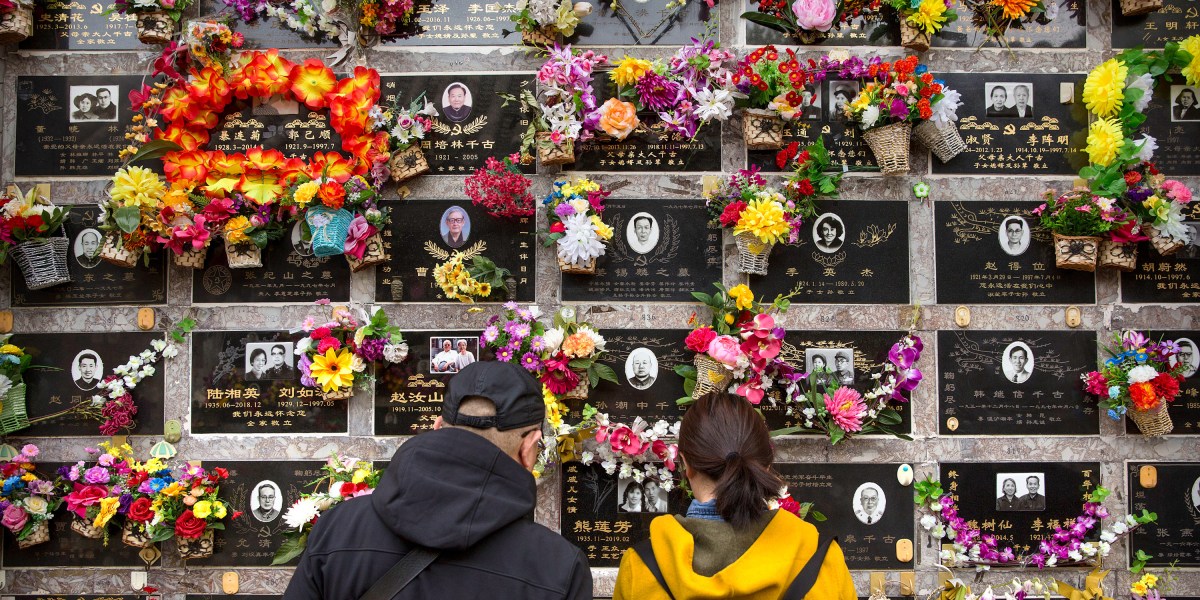China has a flourishing market for deepfakes that clone the dead
Deepfake technologies have evolved to the point where it’s now easy and affordable to clone people’s looks and voices with AI. Meanwhile, large language models mean it’s more feasible than ever before to conduct full conversations with AI chatbots.
I just published a story today about the burgeoning market in China for applying these advances to re-create deceased family members. Thousands of grieving individuals have started turning to dead relatives’ digital avatars for conversations and comfort.
It’s a modern twist on a cultural tradition of talking to the dead, whether at their tombs, during funeral rituals, or in front of their memorial portraits. Chinese people have always liked to tell lost loved ones what has happened since they passed away. But what if the dead could talk back? This is the proposition of at least half a dozen Chinese companies offering “AI resurrection” services. The products, costing a few hundred to a few thousand dollars, are lifelike avatars, accessed in an app or on a tablet, that let people interact with the dead as if they were still alive.
I talked to two Chinese companies that, combined, have provided this service for over 2,000 clients. They describe a growing market of people accepting the technology. Their customers usually look to the products to help them process their grief.
To read more about how these products work and the potential implications of the technology, go here.
However, what I didn’t get into in the story is that the same technology used to clone the dead has also been used in other interesting ways.
For one, this process is being applied not just to private individuals, but also to public figures. Sima Huapeng, CEO and cofounder of the Chinese company Silicon Intelligence, tells me that about one-third of the “AI resurrection” cases he has worked on involve making avatars of dead Chinese writers, thinkers, celebrities, and religious leaders. The generated product is not intended for personal mourning but more for public education or memorial purposes.
Last year, Silicon Intelligence replicated Mei Lanfang, a renowned Peking opera singer born in 1894. The avatar of Mei was commissioned to address a 2023 Peking opera festival held in his hometown, Taizhou. Mei talked about seeing how drastically Taizhou had changed through modern urban development, even though the real artist died in 1961.

